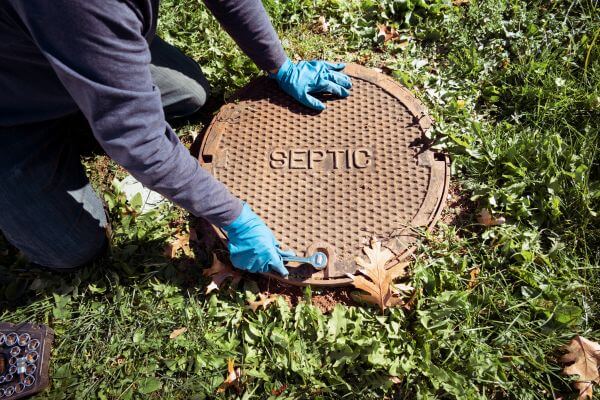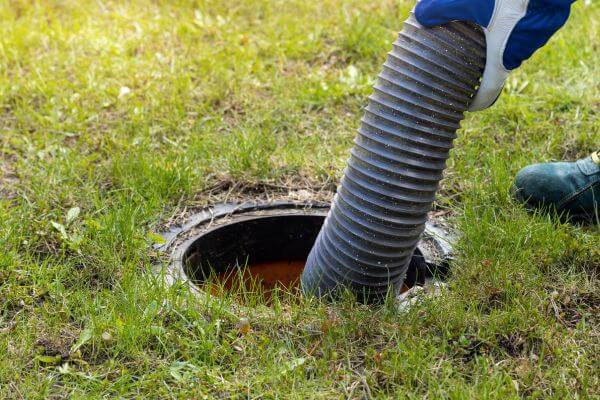The importance of regular septic tank emptying
Emptying the septic tank is crucial to avoid a number of problems that can affect both the sanitation system and the environment. Below, we look at the main reasons why it is essential to perform this maintenance.
Preventing overflow and blockages
If the septic tank is not emptied regularly, accumulated solids can exceed the tank’s capacity, causing overflows. This can result in clogged pipes, which prevents the proper flow of wastewater and can lead to costly repairs.
Maintaining system efficiency
Regular emptying of the septic tank helps to maintain the efficiency of the system. When solids are not removed, they accumulate and reduce the space available for wastewater. This can cause the system to operate inefficiently, increasing the risk of failure.
Consequences of not emptying the septic tank
Failure to empty the septic tank can lead to a number of serious problems for both property and public health. Below are some of the main consequences.
Groundwater contamination
Septic tanks that are not emptied in time can leach untreated waste into the ground, contaminating groundwater sources. This contamination can affect nearby drinking water wells, putting the health of those who depend on these sources at risk.
Unpleasant odours
Excess waste in a septic tank can cause the release of unpleasant odours that can spread throughout the property. These odours are not only annoying, but can also be indicative of a more serious problem in the septic system.
Health risks
Poorly maintained septic tanks can become breeding grounds for dangerous bacteria and pathogens. These micro-organisms can spread and cause serious illness among residents of the home and nearby communities.
Signs that your septic tank needs emptying
It is important to be aware of certain signs that your septic tank needs to be emptied. Knowing these signs can help you prevent problems before they become serious.
Slow drains
If the drains in your home begin to run slower than usual, it may be a sign that the septic tank is full and needs to be emptied. This is one of the first signs that there is a problem in the septic system.
Unpleasant indoor and outdoor odours
As mentioned above, unpleasant odours around the septic tank or inside the home are a clear sign that something is wrong. These odours are usually caused by a build-up of gases in the septic tank.



Recent Comments